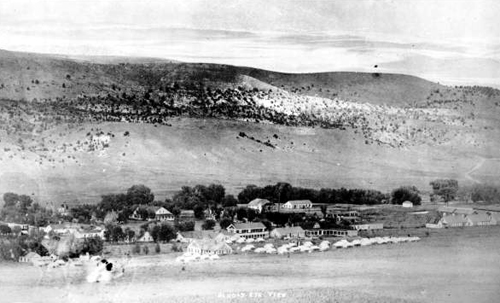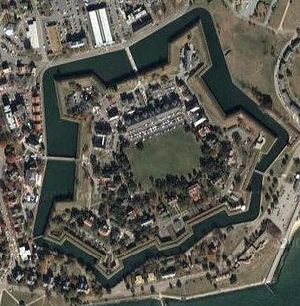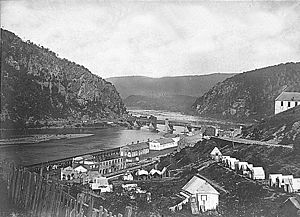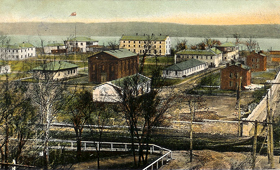 Image via Wikipedia Image via Wikipedia |
| USS Lexington |
- Brig. Gen. Henry H. Sibley and 3,700 men named the "Confederate Army of New Mexico" depart San Antonio, Texas, for New Mexico Territory. /1861
- US Naval Commander J. Rodgers reports that 600 Confederate troops at Commerce, Missouri, have withdrawn at the approach of Union gunboats, preventing the Confederates from erecting batteries there which would have effectively impeded navigation./1861
- The USS Lexington under Commander Stembel seizes the steamer W.B. Terry at Paducah, Kentucky, for trading with Confederates. Meanwhile, Confederate sympathizes seize the steamer Samuel Orr at Paducah, Kentucky, and take her up the Tennessee River. /1861

































